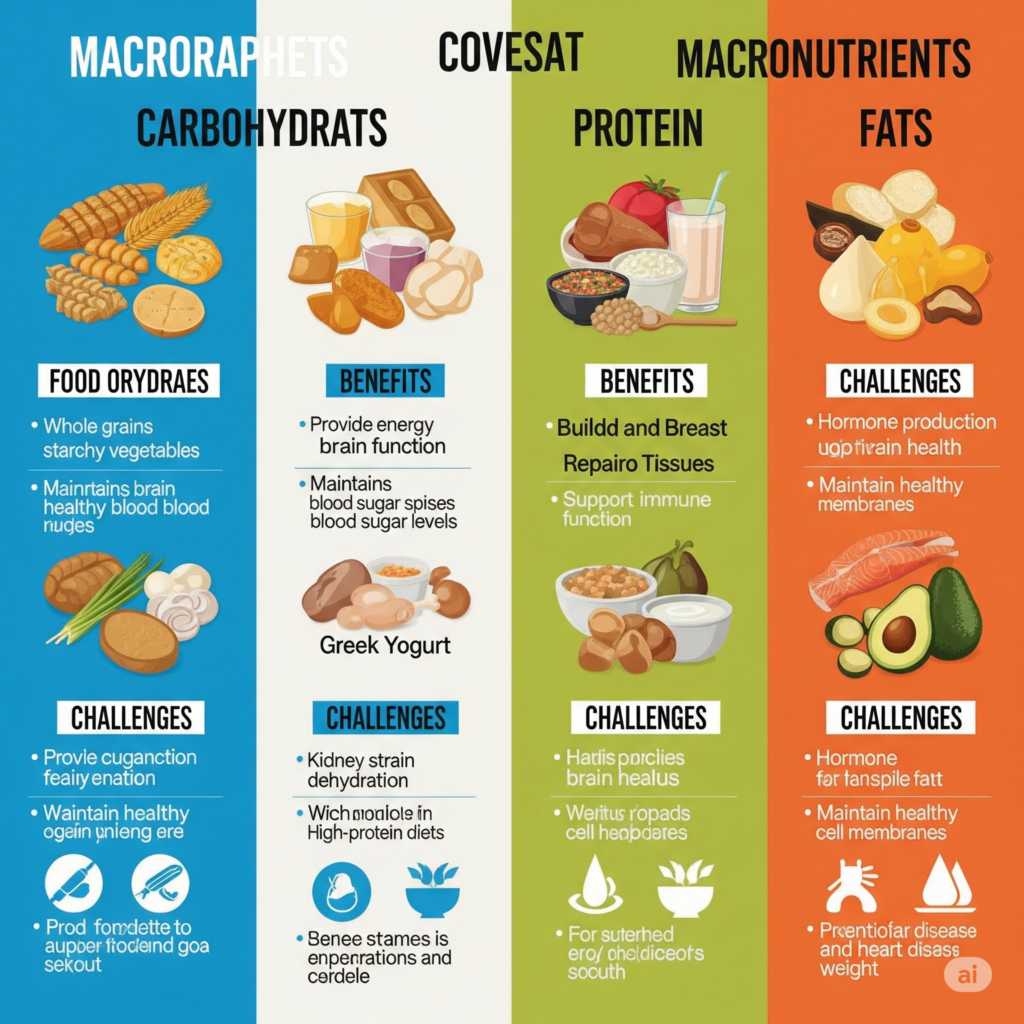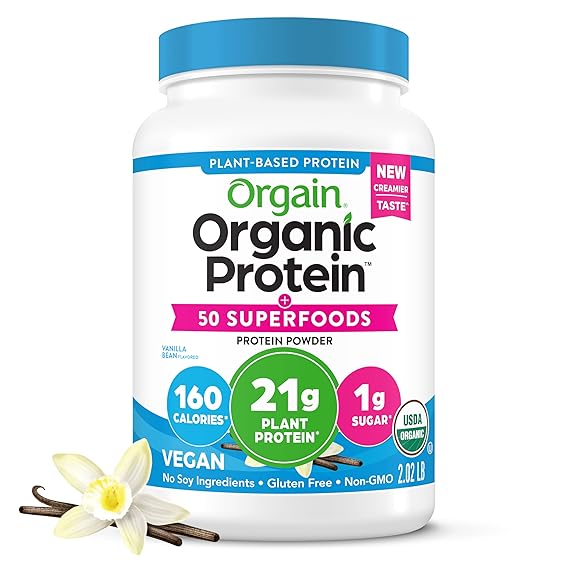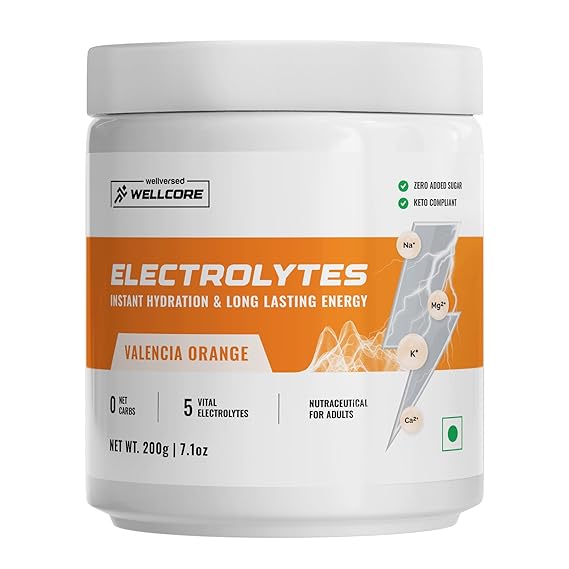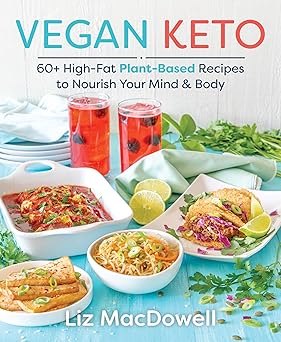In today’s health-conscious world, the search for the “perfect” diet is never-ending. Among the most widely discussed options are the plant-based and keto (or ketogenic) diets. Both promise a range of benefits from weight loss to disease prevention, but they operate on very different principles. If you’ve ever wondered which one is best for you, this guide breaks down everything you need to know — from how each diet works, their pros and cons, depending on your goals and lifestyle, which option may be preferable.
Understanding the Basics

What is a Plant-Based Diet?
A plant-based diet emphasizes whole, minimally processed foods that come from plants. This includes vegetables, fruits, whole grains, legumes, nuts, and seeds. While some followers go fully vegan (avoiding all animal products), others may include small amounts of animal products like dairy, eggs, or meat occasionally — often referred to as flexitarian.
Key Principles:
- Focuses on nutrient-dense, high-fiber foods.
- Low in saturated fats.
- Encourages a wide variety of fruits and vegetables.
- Minimally processed foods.
What is the Keto Diet?
The keto diet is a high-fat, low-carbohydrate eating plan designed to put the body into a state of ketosis, where it burns fat for fuel instead of carbs. A typical keto breakdown is:
- 70–75% fat
- 20–25% protein
- 5–10% carbohydrates
By drastically reducing carb intake, the body starts producing ketones in the liver, which becomes the main energy source.
Key Principles:
- High in healthy fats (avocados, oils, nuts).
- Moderate protein intake.
- Extremely low carbohydrate consumption.
- Encourages ketosis for fat-burning.
Nutritional Comparison
| Nutrient | Plant-Based Diet | Keto Diet |
| Carbs | High (whole grains, fruits) | Very Low |
| Protein | Moderate (plant-based sources) | Moderate (animal and some plant) |
| Fat | Low to Moderate | High |
| Fiber | High | Low |
| Vitamins | High in antioxidants & phytonutrients | Depends on food choices |
Keto Diet Challenges
- Keto flu (initial fatigue, headaches).
- Difficulty in maintaining long term.
- Nutrient deficiencies (fiber, vitamin C, magnesium).
- Restrictive food list can be socially limiting.
Sustainability & Lifestyle Fit
Is Keto Sustainable Long-Term?
The keto diet can be hard to maintain for many due to its strict limitations. Social events, eating out, and meal variety can become a challenge. It also requires constant tracking and mindfulness of carb intake.
New to keto? Combat early side effects like fatigue or headaches with an electrolyte mix
Is Plant-Based Sustainable?
A plant-based diet is generally easier to maintain, especially if you allow occasional animal products. It is compatible with ethical, environmental, and long-term health goals, making it a viable option for many.
Who Should Choose Which?
Choose Keto If You:
- Want rapid weight loss.
- Struggle with blood sugar spikes or insulin resistance.
- Enjoy high-fat foods.
- Are okay with strict carb restrictions.
- Can commit to tracking macronutrients daily.
Choose Plant-Based If You:
- Want to improve long-term health and energy.
- Prefer high-fiber, nutrient-dense meals.
- Care about environmental or ethical eating.
- Don’t want to count carbs or calories.
- Seek sustainable, flexible eating patterns.
What Do Experts Say?
- The American Heart Association recommends plant-based diets for heart health.
- Studies show short-term ketocan help with weight loss and glycemic control, but long-term data is limited.
- Many doctors recommend a modified plant-based diet(with some animal products) as the most balanced.
Curious about trying a plant-based keto fusion? This cookbook offers dozens of creative, satisfying recipes to help you get started
Can You Combine the Two?
Interestingly, plant-based keto is a growing trend. It combines the low-carb approach of keto with plant-sourced fats and proteins. Think avocado, coconut oil, nuts, seeds, tofu, and leafy greens — without relying on meat or dairy.
This hybrid approach offers the benefits of both while reducing some of the downsides like cholesterol and saturated fats.
Final Verdict
There is no one-size-fits-all diet. The best diet is one that matches your health objectives, preferences, and lifestyle.
- Want fast results and don’t mind restrictions? Try keto.
- Prefer a holistic, sustainable approach? Go plant-based.
- Looking for balance? Explore a plant-based keto
Before starting any new diet, it’s wise to consult with a registered dietitian or healthcare provider — especially if you have underlying health conditions.








